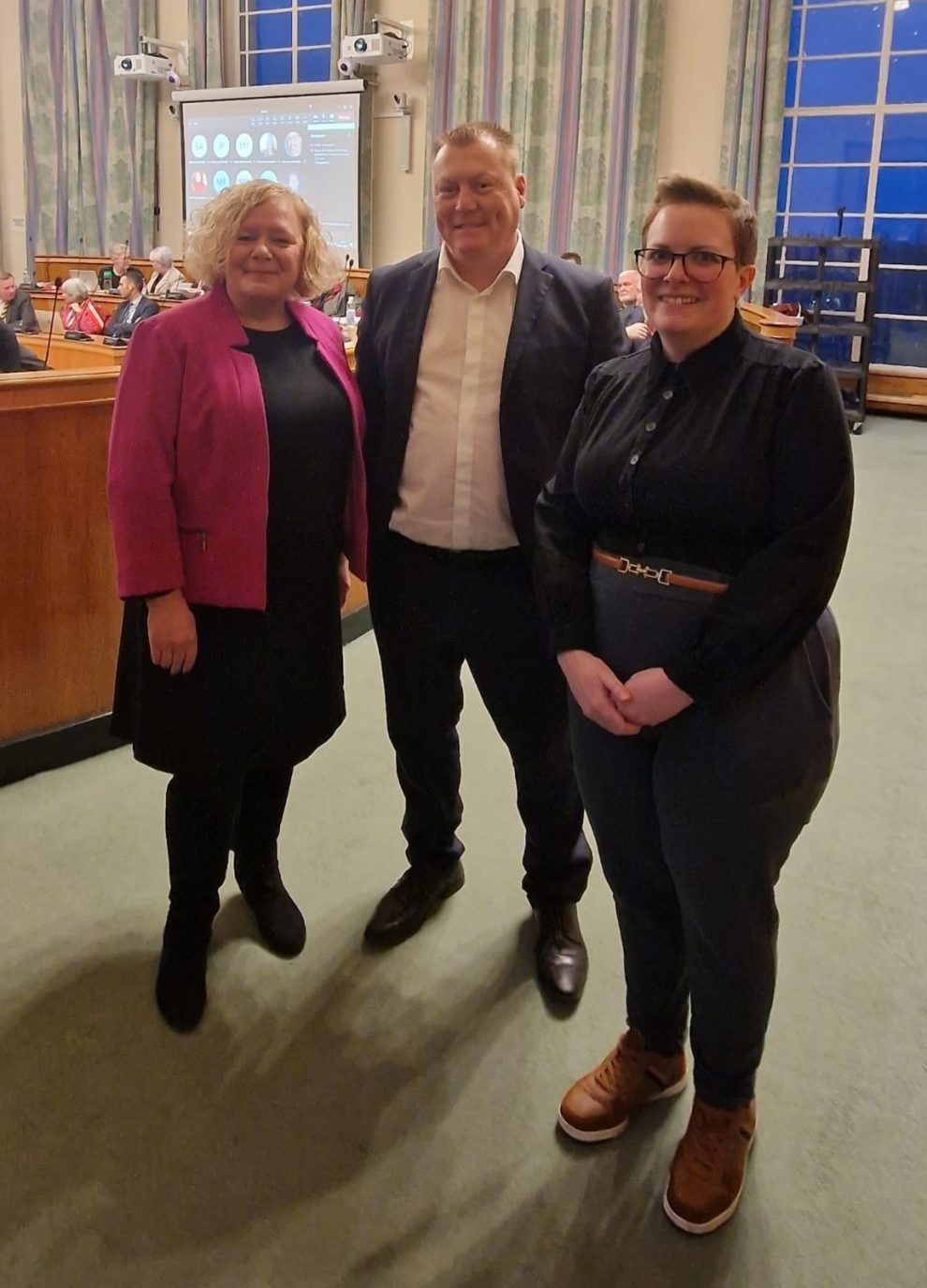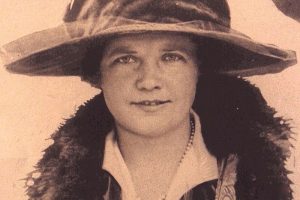NEWPORT has become the first council in Wales to adopt new standards for supporting people currently or previously in care.
Having an experience of care will now be treated as a protected characteristic by the city council.
Protected characteristics include age, religion, gender and sexual orientation – and councils have a duty to protect citizens from discrimination on those grounds.
At a full council meeting on Tuesday, leader Jane Mudd told colleagues the city council has “a duty to put the needs of disadvantaged people at the heart of decision-making”.
Cllr Mudd said people who have been in care “often face discrimination and stigma across housing, health, education, relationships, employment and in the criminal justice system”.
She cited the heartfelt testimony of campaigner Rowan Aderyn, who grew up in care and said after the meeting: “Foster Care saved my life as a child, and I am eternally grateful for the future I found.
“It is so heart-breaking to know that the odds are stacked against the futures of so many care experienced people. We need to come together to enact change that really matters.
“As communities we have the chance to create the futures so many of us only dream of.”
Newport Council’s new stance is not yet part of national law, but follows a Senedd committee recommendation that care experience becomes a protected characteristic in UK legislation.
Spurred on by his traumatic experience of growing up in care, campaigner Terry Galloway is calling for councils across the UK to offer more protection for people like himself.
Speaking to the Local Democracy Reporting Service, he called Newport’s new stance “so inspiring” and “a beacon of hope that has just been lit in Wales”.
“Councils across the whole UK are passing these motions now. It’s too late for me and my family, they are the fallen. This is about the future. How can any society be at one with itself when it treats its most vulnerable to the point that they literally are 70% more likely to die earlier than any other group.”
During the meeting, councillors from all parties supported the motion and praised the campaigners in attendance for their efforts to secure more protection for care-leavers.
Commenting on the meeting, Mr Galloway added: “The public gallery was full of care-leavers. Councillors were telling them that they cared, and by becoming the first in Wales [to adopt the new stance], they demonstrated that.”



















